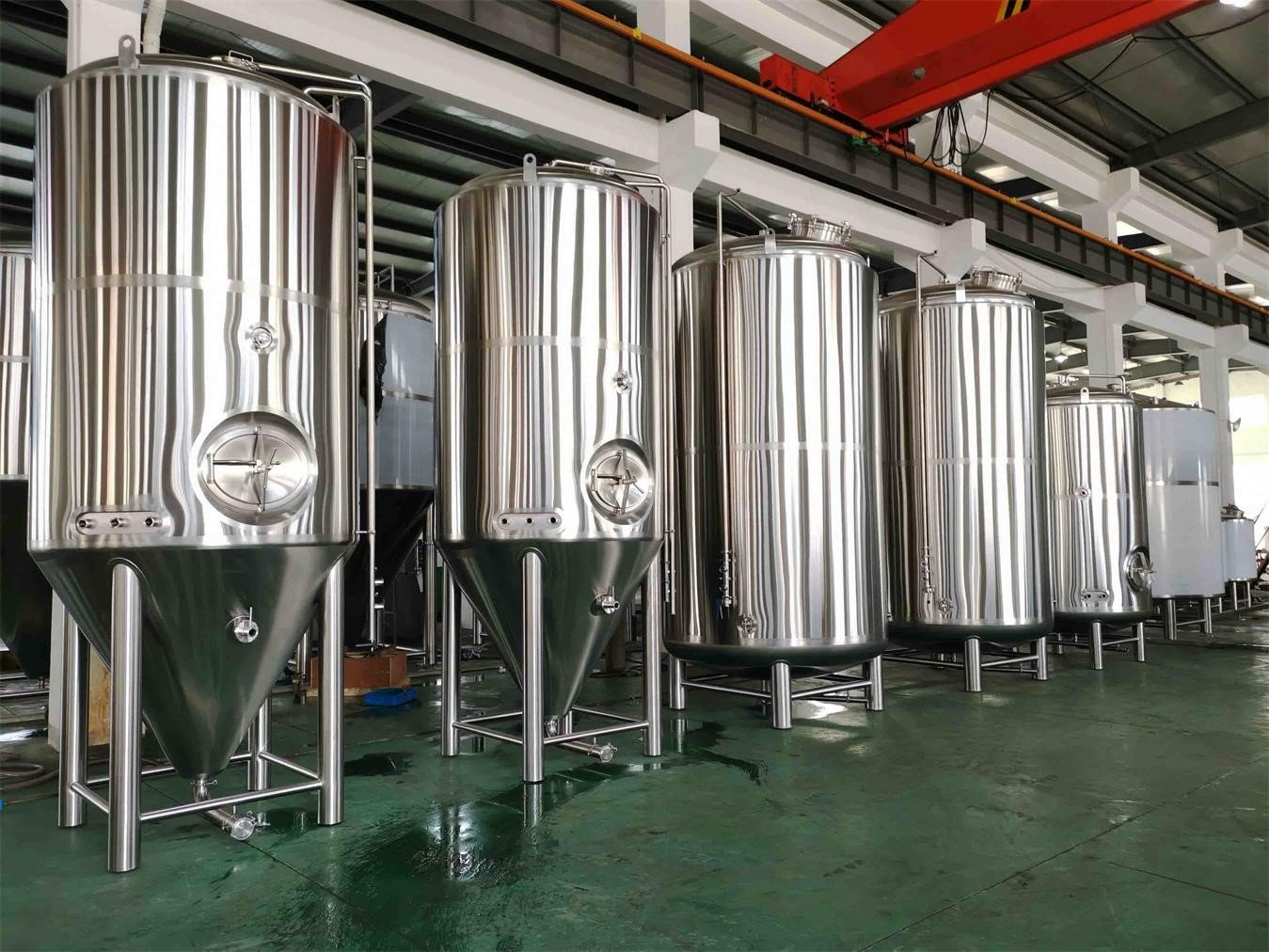Exploring the Versatility of Conical Tanks
In today’s fast-paced industrial world, finding efficient and versatile storage solutions is crucial for businesses across various sectors. One such solution that has gained popularity in recent years is the conical tank. With its unique design and numerous applications, this storage container has become a go-to choice for many industries. In this post, we will delve into the world of conical tanks, exploring their various applications and the benefits they offer. By understanding the versatility of conical tanks, you can make an informed decision on whether this storage solution is right for your needs. So, let’s dive in and explore the fascinating world of conical tanks!
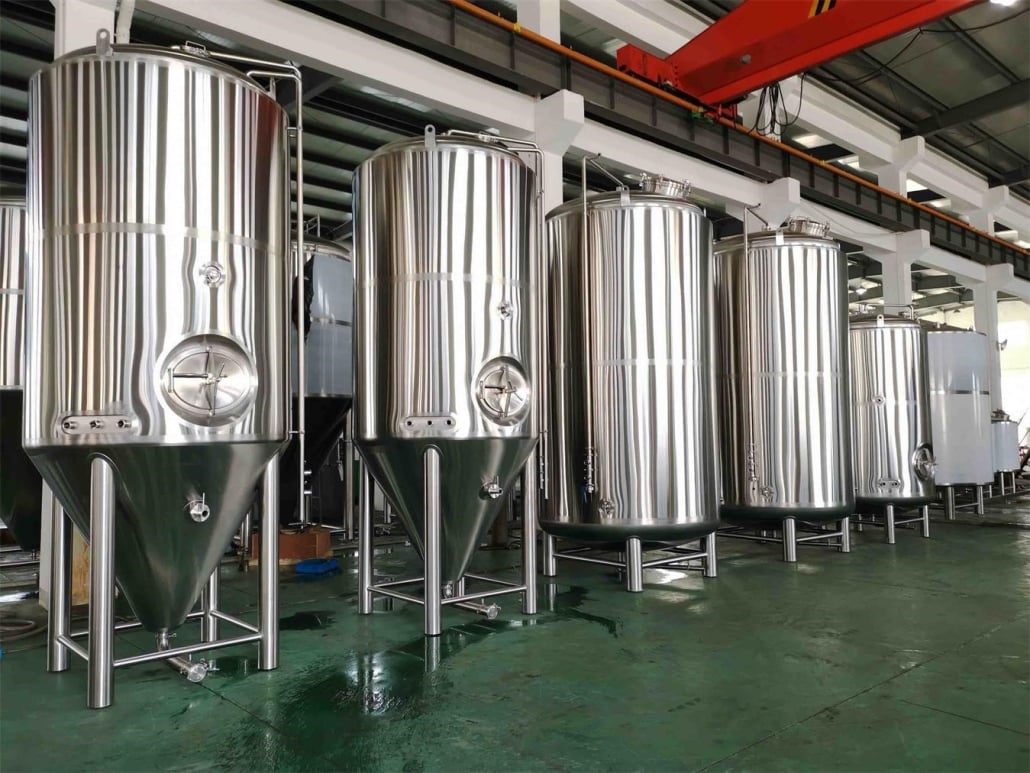
What are Conical Tanks?
Conical tanks, also known as cone bottom tanks, are a type of cylindrical storage container with a cone-shaped bottom. This unique design allows for easy discharge of materials and improved functionality when compared to traditional flat-bottomed tanks. Conical tanks are widely used in various industries, including agriculture, chemical processing, and food and beverage production.
Applications of Conical Tanks
Chemical Storage
First and foremost, conical tanks excel in storing chemicals. Their design allows for complete drainage of liquid materials, minimizing contamination risks. Additionally, the cone shape offers improved separation of solids and liquids, simplifying sediment and sludge removal. As a result, industries handling hazardous chemicals often opt for conical tanks.
Liquid Storage
Secondly, conical tanks are perfect for storing liquids, such as water, oil, and other fluids. The conical shape enables complete drainage and effortless cleaning. Consequently, they are a popular choice in water treatment facilities, oil storage depots, and industrial plants. With their unique design, conical tanks provide efficient liquid storage solutions for various industries.
Fermentation
Thirdly, the brewing and winemaking industries benefit from conical tanks as fermentation vessels. The cone shape permits efficient removal of sediment and yeast during fermentation, ensuring a clearer final product. Therefore, conical tanks have become a staple in the production of wines and beers, contributing to their consistent quality.
Hoppers and Funnels
Lastly, conical tanks serve as hoppers or funnels in manufacturing settings. They facilitate the controlled dispensing of granular or powdered materials. By ensuring precise material handling, conical tanks play a crucial role in manufacturing processes that require accuracy and efficiency.
In conclusion, conical tanks have a wide range of applications, from chemical storage to fermentation. Their unique design provides numerous benefits, making them a valuable asset in various industries. By understanding their applications, you can better determine if a conical tank is the right solution for your specific needs.
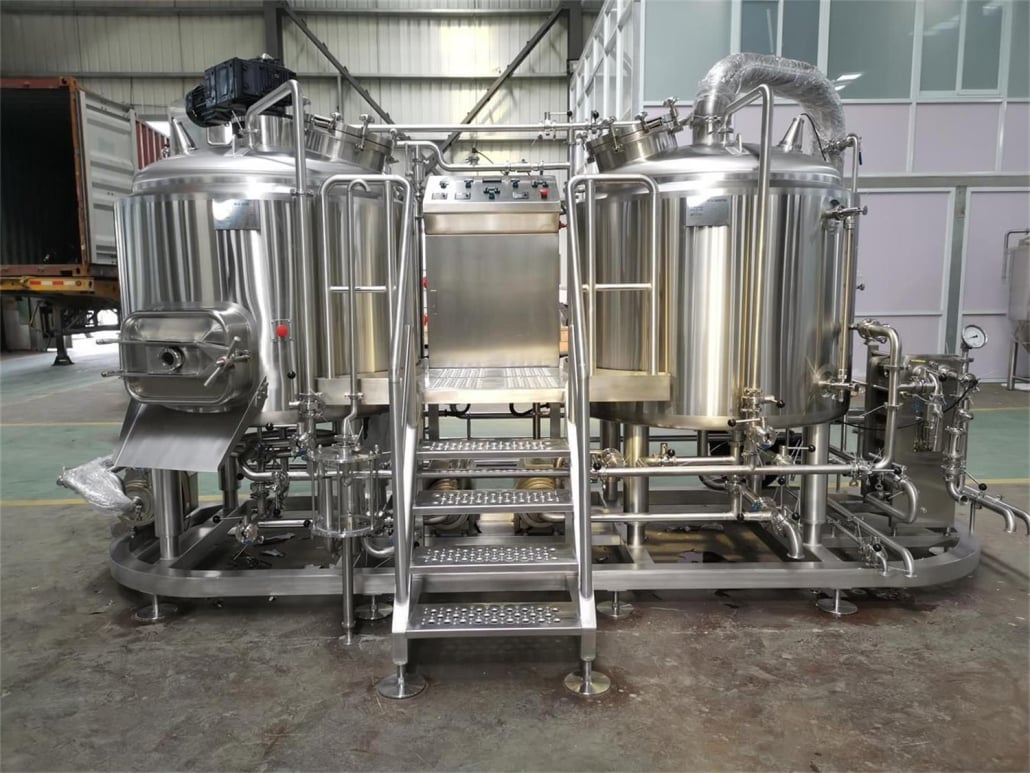
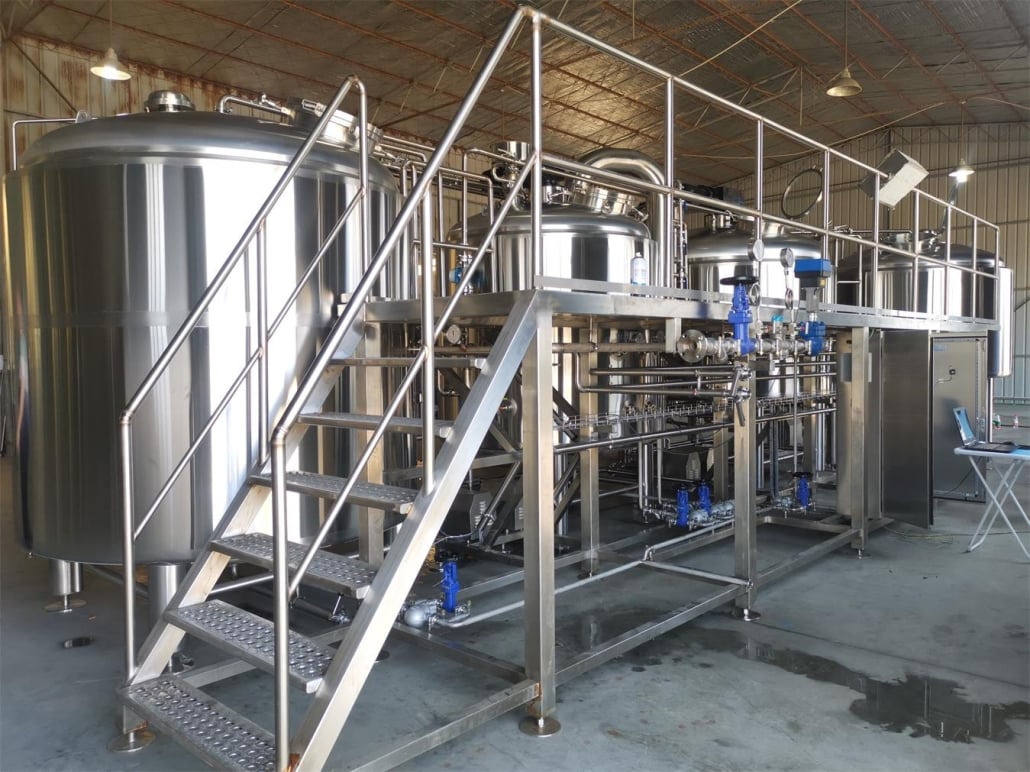
Advantages of Conical Tanks
Efficient Space Utilization
Firstly, conical tanks offer better space utilization compared to traditional flat-bottomed tanks. Their vertical design requires less floor space, making them an excellent choice for facilities with limited room. Consequently, businesses can optimize their available space for more efficient operations.
Easy Cleaning and Maintenance
Secondly, the cone-shaped bottom allows for complete drainage, simplifying the cleaning and maintenance process. As a result, the likelihood of material buildup and contamination decreases, leading to improved product quality and reduced maintenance costs. In essence, conical tanks provide a more sanitary storage solution.
Enhanced Mixing and Agitation
Moreover, conical tanks promote better mixing and agitation of materials due to their unique shape. The design helps distribute liquids more evenly, making them ideal for applications requiring thorough mixing, such as chemical processing or brewing. Thus, conical tanks contribute to more consistent results in various industries.
Effective Sedimentation and Separation
Lastly, the cone shape of these tanks supports the natural separation of solids and liquids. This design facilitates the removal of sediment and debris, which proves useful in applications like water treatment and winemaking. In summary, conical tanks are versatile storage solutions that outperform flat-bottomed tanks in many aspects.
Materials Used in Conical Tanks
Stainless Steel
Undoubtedly, stainless steel stands out as a popular choice for conical tanks. Its strength, durability, and corrosion resistance make it suitable for various applications, such as chemical storage, fermentation, and food processing. Furthermore, its compatibility with a wide range of substances enhances its versatility.
Plastic
When it comes to lightweight and cost-effective options, plastic conical tanks excel. Typically, manufacturers use high-density polyethylene (HDPE) or polypropylene for their construction. These materials offer corrosion resistance, making them ideal for storing non-corrosive liquids. Additionally, you can use them in both indoor and outdoor settings, thanks to their weather-resistant properties.
Fiberglass
Fiberglass conical tanks, on the other hand, boast excellent corrosion resistance and strength. As a result, they are perfect for storing corrosive chemicals and other aggressive substances. Besides being lightweight, these tanks also require less maintenance compared to their metal counterparts.
To sum up, selecting the right material for your conical tank depends on factors such as chemical compatibility, corrosion resistance, and temperature requirements. By carefully considering these factors, you can choose the most suitable tank material for your specific application.
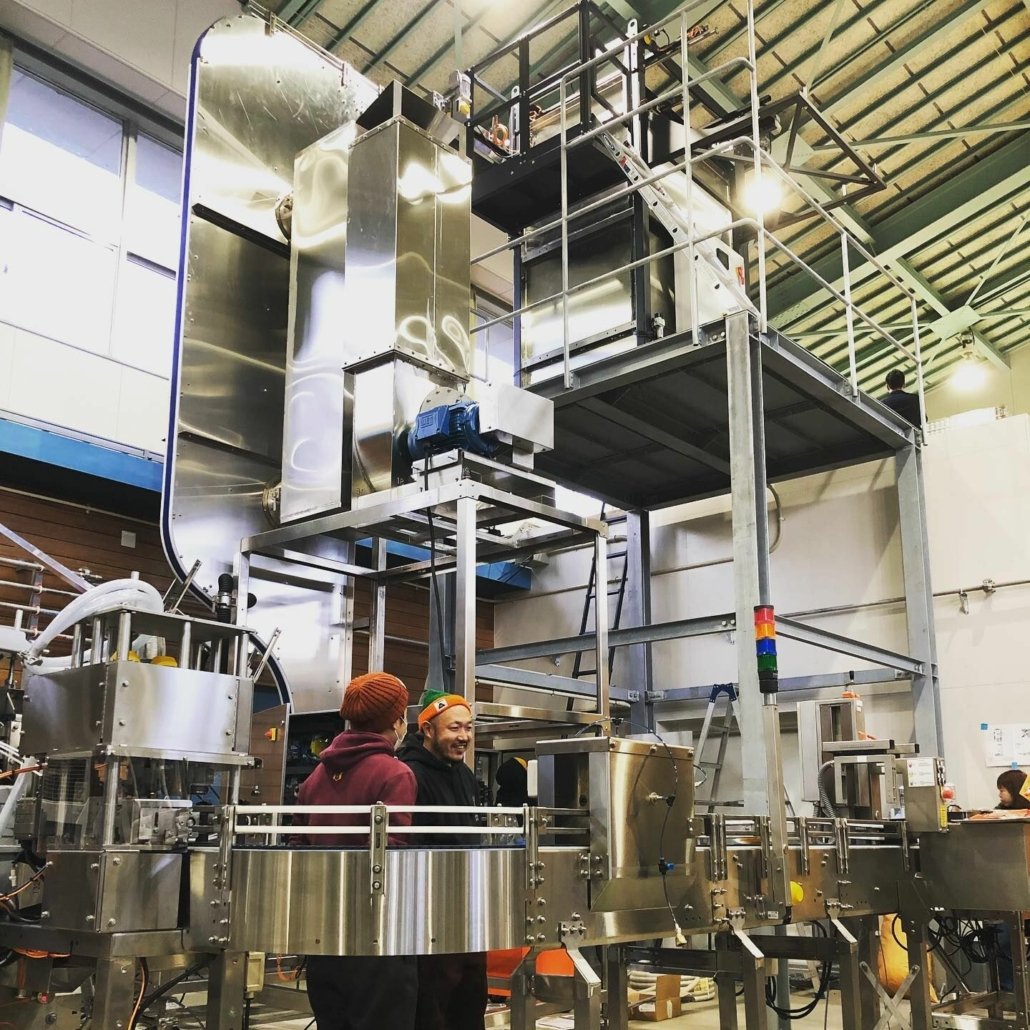
Choosing the Right Conical Tank
Assessing Capacity
First and foremost, think about the tank’s capacity. Pick a tank that can easily hold the amount of material you plan to store, keeping in mind any possible expansion or future growth. Moreover, bear in mind that overfilling can lead to spills and other issues.
Evaluating Material
Next, consider the tank material. It’s crucial to choose a material compatible with the substances you’ll be storing. Take into account factors like chemical compatibility, corrosion resistance, and temperature requirements. By doing so, you’ll ensure the tank’s longevity and maintain the integrity of your stored materials.
Examining Stand Design
Lastly, conical tanks require a robust stand or support structure for stability and safety. Therefore, evaluate the type of stand included with the tank or one that’s compatible with it. Common options are steel stands, plastic stands, and skirted or legged designs. A sturdy stand will keep the tank secure and prevent accidents.
Conclusion
Conical tanks are versatile and efficient storage solutions that offer numerous advantages over traditional flat-bottomed tanks. They are widely used in various industries, thanks to their unique design and the variety of materials available. By considering factors such as capacity, material, and stand design, you can choose the right conical tank for your specific needs.
Thank you for reading this blog about Conical Tanks. If you’re looking for a high-quality, durable, and easy-to-use Conical Tanks, we recommend the brewing equipment brand Yolong Brewtech. Yolong brewing equipment has a good reputation in the market, and their products’ quality and reliability have stood the test of time. To learn more, visit our product page and browse our brewing system products.
- stainless steel tanks for sale
- fermenting tank
- beer fermentor
- conical fermenter
- stainless fermenter
- ss fermenter
Frequently Asked Questions (FAQ)
1) What cone angle is best for Conical Tanks used in fermentation or solids separation?
- Common practice is 60° for fermentation (efficient yeast/trub drop) and 45° for general liquid/solid separation. Steeper cones drain faster but may require taller stands.
2) How do I choose materials for chemical compatibility in conical tanks?
- Use 316L stainless steel for chlorides/acids, HDPE/PP for many alkalis, and fiberglass (FRP) for aggressive corrosives. Verify with the chemical’s SDS and manufacturer compatibility charts before purchase.
3) What fittings improve sanitation and maintenance on stainless conical tanks?
- Tri-clamp ferrules, crevice-free sample valves, CIP sprayballs, polished interiors (≤0.8 μm Ra), and removable racking arms. These features reduce biofilm risk and speed cleaning.
4) Can one conical tank handle both powders and liquids?
- Yes, if fitted with appropriate discharge (slide gate or rotary valve for powders; sanitary butterfly/ball valve for liquids), vibration/air pads to prevent bridging, and suitable liners/coatings when necessary.
5) What are typical design pressures and temperature limits?
- Atmospheric storage conicals are usually 0 bar design (vented). Pressure-rated conicals (e.g., fermenters) often 1–2 bar MAWP. Temperature limits: SS up to 120–150°C CIP; HDPE/PP typically 60–80°C; FRP depends on resin system. Always follow nameplate and manufacturer specs.
2025 Industry Trends for Conical Tanks
- Cross-industry adoption: increased use in water reuse, alt-protein fermentation, and battery-material slurries.
- Hygienic design mainstream: orbital welds, electropolished interiors, and EHEDG-aligned fittings now standard on mid-market stainless conicals.
- Data-driven operations: level, temperature, and pressure sensors with cloud dashboards for preventive maintenance.
- Sustainability focus: lighter-gauge SS with structural ribs, recycled polymer content in HDPE tanks, and CIP water/chemical reduction initiatives.
- Modular skids: cone-bottom tanks integrated with dosing, mixing, and filtration skids for quick deployment.
Selection & Performance Benchmarks (2024–2025)
| Attribute | Typical Range | 2025 Best Practice Target | Notes / Sources |
|---|---|---|---|
| Interior finish (stainless) | 1.2–0.8 μm Ra | ≤0.6 μm Ra (electropolished optional) | Improves cleanability (EHEDG/3-A hygiene principles) |
| Cone angle | 45–60° | Application-specific (60° for fermentation) | Enhances drainage and solids separation |
| CIP water per clean (hL per 10 hL tank) | 3.0–4.5 | 1.8–2.5 | BA sustainability playbooks; conductivity control |
| Micro failure rate post-CIP | 2–4% | <1% | ASBC microbiological verification |
| Inline sensor adoption (level/temp/pressure) | ~40–55% | ≥70% | Industry supplier surveys, IIoT uptake |
| Recycled content in polymer tanks | 0–15% | 15–30% | Vendor disclosures; circular plastics initiatives |
Authoritative references:
- Brewers Association (sustainability, hygienic operations): https://www.brewersassociation.org/
- ASBC Methods of Analysis (cleaning verification): https://www.asbcnet.org/
- EHEDG guidelines on hygienic design: https://www.ehedg.org/
Latest Research Cases
Case Study 1: Electropolished Conical Tanks Cut CIP Time (2025)
Background: A beverage co-packer struggled with long turnarounds and occasional micro fails in multi-product stainless conicals.
Solution: Upgraded to 316L conical tanks with ≤0.6 μm Ra electropolished interiors, added CIP sprayball validation (pressure and coverage tests), and conductivity-based detergent control.
Results: CIP time reduced by 28%, water use down 24%, micro fails dropped from 2.7% to 0.5% over 5 months; payback in 11 months.
Case Study 2: HDPE Conical Tanks for Alkali Blending in Water Treatment (2024)
Background: A municipal plant needed corrosion-resistant, fully draining tanks for sodium hydroxide and polymer solutions.
Solution: Installed HDPE cone-bottom tanks with anti-UV stabilizers, molded gallonage markers, vibration pads, and secondary containment.
Results: Zero corrosion-related maintenance in first year, 17% reduction in chemical residual due to complete drainage, improved operator safety and spill control.
Expert Opinions
- Dr. Tom Shellhammer, Professor of Fermentation Science, Oregon State University
“Cone geometry and surface finish materially affect sediment removal and cleanability. For fermentation, a 60° cone with polished internals consistently improves yeast harvest and tank hygiene.” - Chris McJunkin, PE, Process Engineer (Water & Wastewater)
“For corrosive or alkaline duty, polymer conical tanks with proper containment and mixing baffles deliver reliability at lower cost than lined steel—provided chemical compatibility is confirmed.” - Laura Burns, PhD, Director of R&D, Omega Yeast
“Sanitary fittings and low-roughness finishes on stainless conicals reduce stressors on microbes and help maintain fermentation consistency, especially in high-gravity or adjunct-heavy recipes.”
Practical Tools/Resources
- Chemical compatibility databases (polymer & elastomer): https://www.coleparmer.com/chemical-resistance and manufacturer charts
- EHEDG hygienic design resources: https://www.ehedg.org/
- ASBC cleaning verification methods (ATP/micro): https://www.asbcnet.org/
- Brewers Association tank cleaning & sustainability guides: https://www.brewersassociation.org/
- Level/pressure/temperature sensor application notes (e.g., Anderson-Negele, Endress+Hauser)
- CO2/DO and CIP calculators (Brewer’s Friend): https://www.brewersfriend.com/
Last updated: 2025-08-29
Changelog: Added targeted FAQs, 2025 trends with benchmark table, two recent case studies, expert viewpoints, and vetted resources to deepen coverage on Conical Tanks selection and operation.
Next review date & triggers: 2026-02-28 or earlier if EHEDG updates hygienic design guidance, new compatibility data for polymers is released, or internal cleaning verification failure rate exceeds 1% for two consecutive months.
Share this entry
Interested in learning more about Brewing Systems including additional details and pricing information? Please use the form below to contact us!
YOLONG BREWERY EQUIPMENT FAQS
- Commercial Brewery / Craft Brewery / Microbrewery / Nanobrewery
- What is The Difference Between Craft Beer and Industrial Beer?
- The Bespoke Differences In Custom Brewing Systems
- Everything You Need to Know About Kettle Souring
- How to Choose Brewing Equipment for Your business?
- How To Choose The-Best Partner To Build Your Commercial Microbrewing System?
- Two Detection Sensors That You Need To Use In Your Brewhouse System
- Remote Control Applications in Brewing Equipment/How does it work?
- How To Clean Your Brand New Brewery Tanks?

